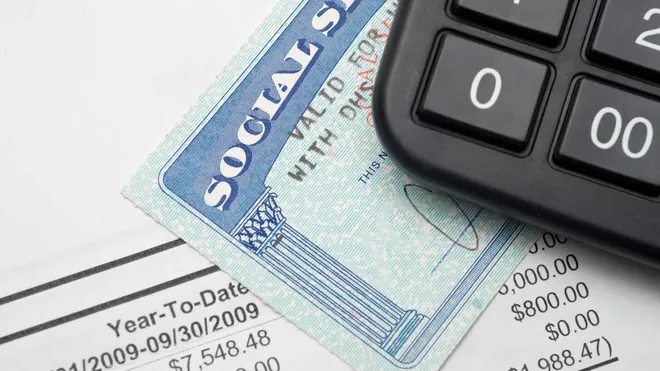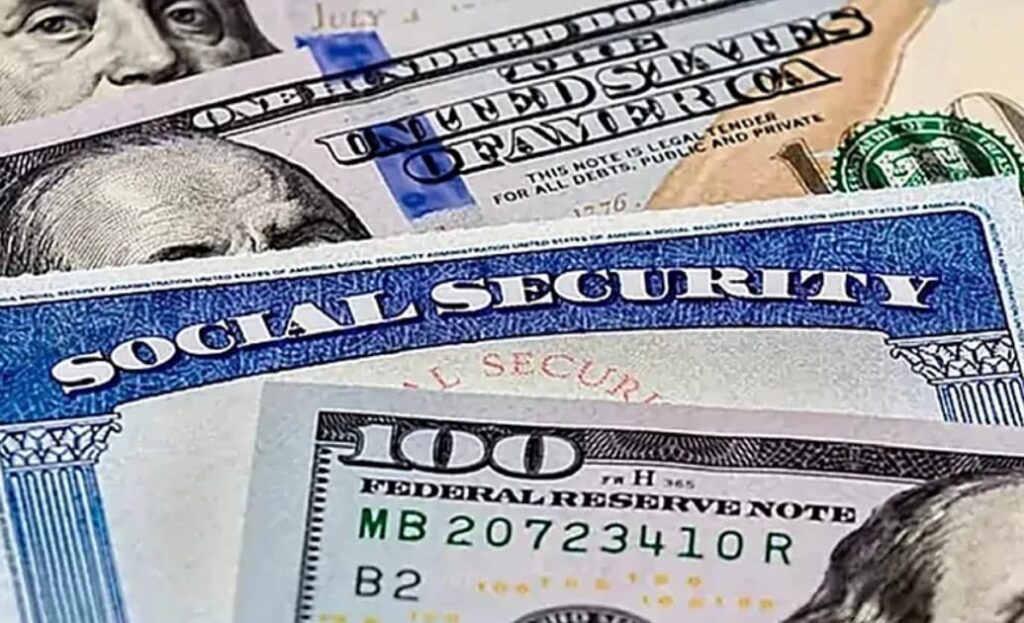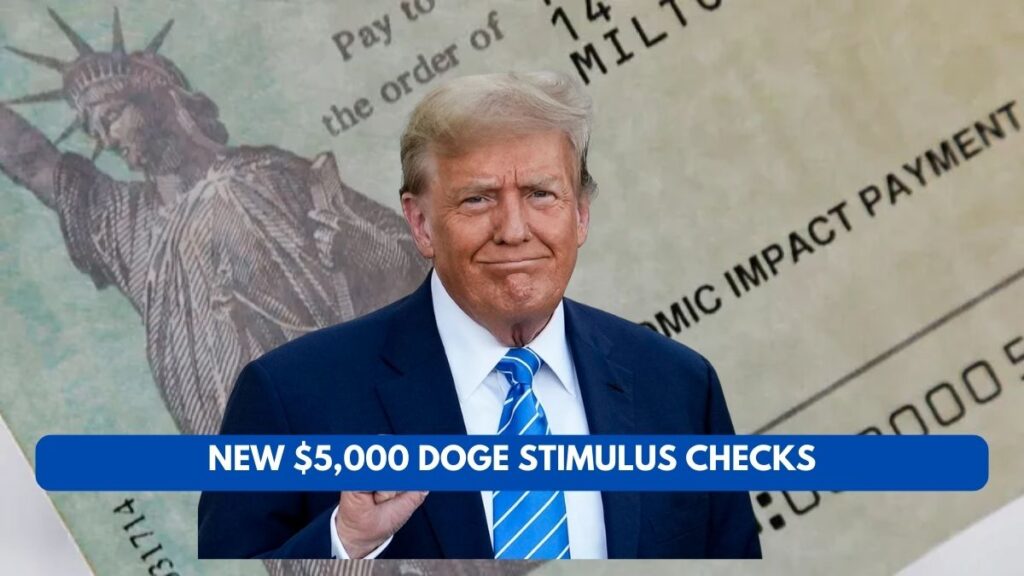In recent weeks, buzz around a potential $5,000 “DOGE stimulus check” for American taxpayers has been spreading rapidly.
At the center of this discussion is the Department of Government Efficiency (DOGE), a cost-cutting initiative led by billionaire entrepreneur Elon Musk and backed by the Trump campaign.
While the promise of a one-time, $5,000 direct payment to households sounds enticing, the reality is far more complicated.
So, should you expect these checks anytime soon? Here’s what we know based on current government plans, statements from officials, and progress on the DOGE initiative.

What Is the DOGE Stimulus Check?
The DOGE initiative was announced as part of a broader effort to cut government waste and reinvest savings back into taxpayers’ pockets.
The centerpiece of this plan is a “DOGE Dividend”—a proposal to return 20% of DOGE-identified savings to taxpaying households in the form of a one-time $5,000 stimulus check.
The plan is contingent upon achieving a $2 trillion government savings goal, with $400 billion of that total earmarked for public distribution. Based on rough estimates, that could amount to $5,000 per taxpaying household.
However, the initiative is currently not law, and the actual distribution of any funds remains speculative.
Where Does the Plan Stand Now?
As of March 2025, the DOGE initiative has only achieved $55 billion in verified savings, falling far short of its $2 trillion target.
Without reaching this ambitious goal, the funds required to issue the proposed stimulus payments will simply not exist. Furthermore, the proposal has not yet passed through Congress, meaning it has no legal standing or timeline for implementation.
According to Politico, Musk has pitched the idea as a revolutionary way to return value to American taxpayers, but lawmakers on both sides of the aisle remain cautious, especially due to the lack of concrete details on execution.
Who Would Be Eligible?
The proposed plan aims to issue payments to “net taxpayers”—individuals or households that pay more in taxes than they receive in government benefits.
This could mean millions of Americans, particularly lower-income individuals and Social Security recipients, may not qualify under current definitions.
As outlined in Newsweek, Social Security beneficiaries who do not meet the net-taxpayer threshold might be excluded, raising concerns about fairness and equity in distribution.
The eligibility formula remains undefined, and critics argue that this may end up excluding a large portion of the most financially vulnerable citizens.
Will Social Security Beneficiaries Get the DOGE Check?
As the idea continues to make waves, Social Security beneficiaries are left wondering if they’ll benefit. For now, the Social Security Administration (SSA) has not issued any formal statement on this specific stimulus check.
For general updates or eligibility for federal benefits, recipients can refer to the SSA’s official website.
However, unless changes are made to the eligibility criteria, it appears unlikely that retirees and non-taxpaying citizens would qualify under the current DOGE plan.
Is There a Timeline?
There is currently no set timeline for the distribution of DOGE stimulus payments.
Because the plan depends on achieving a massive cost-saving benchmark and passing new legislation through Congress, it’s unlikely that payments would be issued in the near term—if at all.
According to Investopedia, even optimistic projections would put distribution well beyond 2025, unless legislative momentum and spending cuts dramatically accelerate.

Bottom Line: Don’t Expect the $5,000 Check Just Yet
The idea of a $5,000 DOGE stimulus check is intriguing, especially during a time of rising living costs and economic uncertainty. However, it remains a proposal—not an approved stimulus package.
Until Congress formally approves the plan, and DOGE meets its $2 trillion savings goal, the checks will remain hypothetical. Moreover, many Americans, especially low-income households and Social Security recipients, may not even be eligible under the current guidelines.
In the meantime, citizens are encouraged to follow updates via trusted government sources such as:
Stay cautious, and avoid scams or misleading claims about immediate $5,000 payouts unless directly confirmed by federal sources.
This article has been carefully fact-checked by our editorial team to ensure accuracy and eliminate any misleading information. We are committed to maintaining the highest standards of integrity in our content.

Himanshu Sharma writes for Weekend Spy, focusing on recruitment, government schemes, and current affairs. He is dedicated to making complex information accessible to readers.
Himanshu enjoys playing chess, hiking, and trying new recipes, always seeking ways to combine his love for writing with his passion for exploration. Connect with Drop him an email at [email protected].







